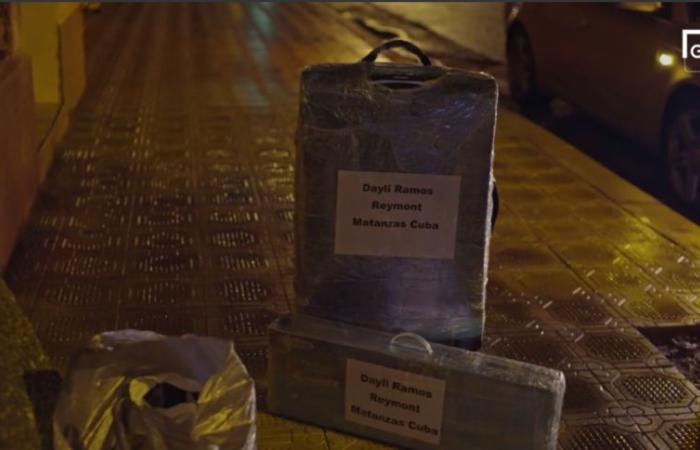«Welcome». Antonio Nasso’s documentary “Doctors from the other world: a year with Cuban doctors in Calabria”, produced by Gedi Visual, recounts the daily life of the 51 Cuban doctors’ stay in Calabria. Just over an hour to talk about the arrival of the cardiologists, radiologists, anesthetists, paediatricians, gynecologists, hematologists, general practitioners – 13 women and 38 men from all over Cuba – who agreed to leave their families to embark on an adventure on the other side of the world. «Throughout 2023 – this is how the documentary was presented on the Gedi group’s platforms – these specialists worked in the Calabrian hospitals of Locri, Polistena, Gioia Tauro and Melito Porto Salvo to help the region deal with the health emergency. This is the story of their year spent in Italy. Between new friendships and homesickness, months of intense work in the ward and daily video calls with Cuba.”
We start with the accelerated Italian language course at Unical, then the stages in the hospitals with the direct testimonies of the doctors, between commitment («we are here because the Calabrians need help») and thoughts of the nation of origin: « I live here by the sea – says a Cuban doctor on duty in Polistena – and it reminds me of Cuba. I am a doctor and my little son understands that I am here because there is an emergency. For us the most important thing is the patient, his mind and his soul.”
President Occhiuto explains that doctors receive what would be due to an Italian with the same contract, specifying that “at first the Cuban government demanded a share of the salary but then this was not the case” (in the 60/70 thousand euros per year cost accommodation is also provided). The selection of non-EU doctors is expected until 2025 and is regulated by a national law approved during the Covid period. Today the Calabria model is appreciated by other Regions, explains the governor.
In the documentary – which ends with the return to Cuba – there is no shortage of moments in which to smile, such as when a Cuban talks about how he had to “tune in” to the dialect of patients who said «you understood?”. But there is underlying empathy among this group of professionals catapulted into a reality that is in many ways distant from their original one and yet with a common sense of solidarity and mutual understanding.







